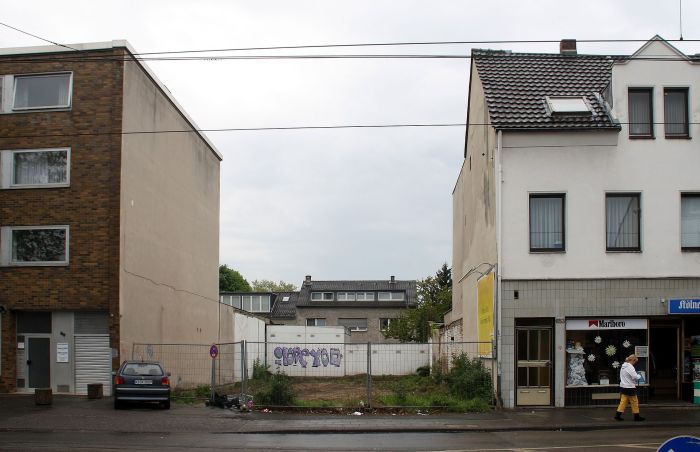Reuse of open urban land for new construction crossword clue – The reuse of open urban land for new construction, often encountered in crossword clues, presents a multifaceted strategy for addressing urban challenges and fostering sustainable growth. This concept involves transforming vacant or underutilized urban spaces into vibrant and functional areas, offering numerous benefits and complexities that warrant exploration.
Urban land reuse encompasses a wide range of initiatives, from redeveloping abandoned industrial sites to repurposing historic buildings. By revitalizing these spaces, cities can enhance their economic vitality, promote social equity, and protect the environment. However, careful planning and stakeholder engagement are crucial to ensure successful implementation and maximize the potential of these projects.
Reuse of Open Urban Land for New Construction

Urban land reuse involves the redevelopment of vacant or underutilized urban areas for new construction. It offers significant benefits, including reduced urban sprawl, increased density, and revitalized neighborhoods.
Benefits and Challenges of Urban Land Reuse, Reuse of open urban land for new construction crossword clue
Benefits:Reduced land consumption, increased tax revenue, improved community cohesion, environmental benefits (e.g., reduced air and water pollution).
Challenges:Site contamination, zoning restrictions, community opposition, high infrastructure costs.
Examples of Successful Urban Land Reuse Projects
- High Line Park, New York City: Elevated park built on an abandoned elevated railway.
- Wharf 48, Sydney: Mixed-use development on a former shipyard.
- De Rotterdam, Rotterdam: Vertical city with residential, office, and commercial spaces on a former wharf.
Planning and Implementation
Steps:Site selection, feasibility analysis, stakeholder engagement, public consultation, design and construction.
Stakeholders:Government agencies, developers, community groups, environmental organizations.
Importance of Community Engagement:Ensures project alignment with community needs and reduces opposition.
Environmental Considerations
Impacts:Air and water pollution, noise, waste generation, habitat loss.
Mitigation Strategies:Green building practices (e.g., energy efficiency, water conservation), brownfield remediation, open space preservation.
Economic and Social Benefits
Economic Benefits:Job creation, increased tax revenue, property value appreciation.
Social Benefits:Improved community cohesion, reduced urban sprawl, increased housing affordability.
Case Studies:
- Portland, Oregon: Urban renewal program that revitalized downtown and increased tax revenue.
- Vancouver, Canada: Density bonuses for developers who incorporate affordable housing in new developments.
Legal and Regulatory Framework
Governing Laws:Zoning laws, building codes, environmental regulations.
Impact on Reuse Projects:Restrictions on land use, height limits, environmental standards.
Guidance for Navigation:Consult with legal and regulatory experts, engage with stakeholders early on, comply with all applicable laws.
Case Studies and Best Practices
Successful Projects:
- Chelsea Market, New York City: Food market and entertainment complex in a former factory building.
- Zurich West, Zurich: Mixed-use development on a former industrial site.
- King’s Cross, London: Regeneration project that transformed a neglected area into a vibrant hub.
Best Practices:
- Involve stakeholders early and often.
- Conduct thorough site assessments and feasibility studies.
- Design projects that are sensitive to the surrounding community and environment.
- Implement green building practices to minimize environmental impacts.
- Monitor and evaluate project outcomes to ensure success.
Answers to Common Questions: Reuse Of Open Urban Land For New Construction Crossword Clue
What are the key benefits of reusing open urban land?
Reusing open urban land can stimulate economic growth, enhance community cohesion, reduce urban sprawl, and promote environmental sustainability.
What are the challenges associated with urban land reuse projects?
Challenges may include environmental contamination, zoning restrictions, community resistance, and financial constraints.
How can stakeholders collaborate to ensure successful urban land reuse projects?
Effective collaboration involves engaging government agencies, developers, community groups, and environmental organizations throughout the planning and implementation process.

